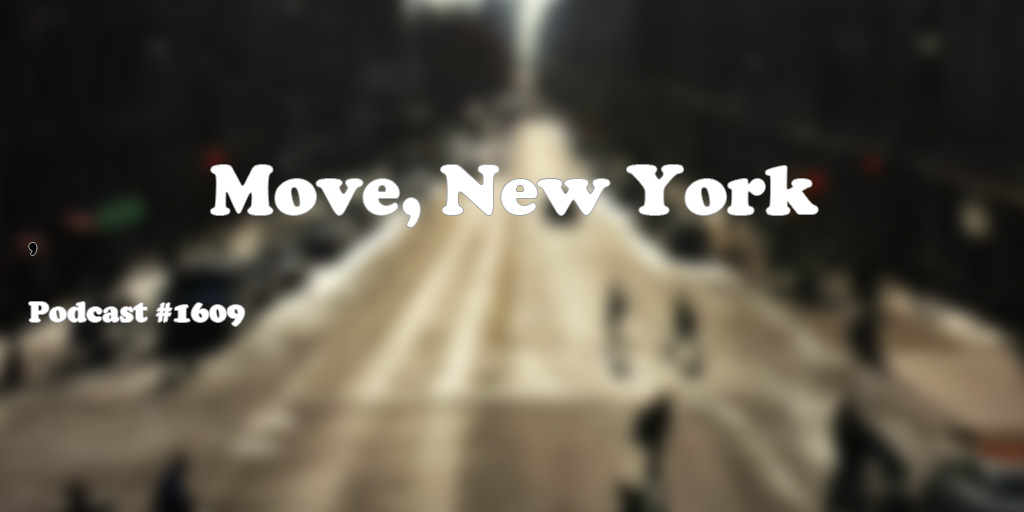By Susan Lutz
Warming up to these 2016 Olympics took awhile. All the reports of the toxic water, Zika threats, and displacement of people from their homes made the Summer Olympics seem superfluous – an extra we might be able to live without or at the very least change?
But the games began. I’ve plopped in front of the television so many times over the years to watch the athletic phenoms, it felt odd to ignore it. The hype is hard to ignore. With kids, I grapple how we can understand what the tradition these games are, yet bring in a balance of the very real costs to the environment and world it can cause.
From the nightly news to social media, reporters highlight the trash in the water or the post a picture of the protests in the street. I want to cheer them on, stand up and do a fist pump when a swimmer gets another gold, and marvel over the mind-boggling gymnasts. Yet the images of cost both environmentally and socially linger in my consciousness while I watch. The hour broadcast delay also adds to the disconnection the larger powers have with the people who play and support the athletes.
Because it is about the athletes, the coming together of nations for a few weeks, in the hopes of putting down hostilities and instead playing some hoops (and all other games). As an athlete that competed at the collegiate and national level, I found inner strength, trained to break barriers (especially my own), and came together day after day with teammates for the purpose of a higher goal. That feeling in the gut, from throwing that pitch, making that shot, nailing that dive, or winning that sprint, those moments represent a long path of people working together and can translate to a deep connection to others. I see it when my son takes a shot in soccer or gets back out there after falling down – he’s rallied around, supported, and finds a strength to continue on. I truly believe these skills help him in his daily challenges.
Yet, we can’t play our games and shoot down others in the process. When the Olympics leave Rio, how will the country change? How will we change? What will happen to the neighborhood once the torch is extinguished? So many Olympic villages rode into town and left behind an empty land. What will we do differently before the next summer – and winter – Olympics return? Maybe it’s time to have one permanent spot for the Olympics. Or a guaranteed plan that the immense building that takes place due to the creation of the Olympic village has a useful, environmentally effective, re-purposed to move a city, state, and its people forward.
I’ve also lived in a country where the site of trash in the waters and along the road was tough to stomach, sometimes literally. Shaming a country from our the screens of our phones casts a quick judgment on the deep challenges a society faces from budget to resources to societal norms. We can embrace the change and ignite other nations by working at change in our homes and villages.
I’m still drawn in by the bottom line of the Olympics. I tell both stories to my children, the challenges and the successes, with the hopes of opening their awareness to the cause and effect we have on our world. I am not sure the world today is better or worse with the Olympics. The cost seems awfully high, but it won’t disappear in the next years. Cities will bid for the right to host until we all decide to change. The Olympics, like us all, are in a process of growth. What I hope is that looks to the future with an eye for making the world better for us all.
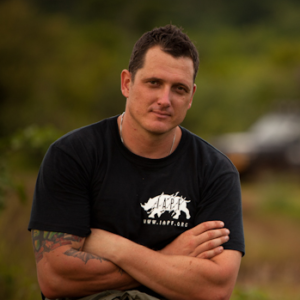 “Green” eco-warriors are working to protect rhinos and elephants, which are on the verge of extinction, as they are killed by poachers for their horns and tusks. My guest this week, Damien Mander, founder of the International Anti-Poaching Foundation, is working to train rangers in the preserves of Africa, via legal and direct tactics, to bring poachers to justice. He is a vegan and believes that animals suffer tremendously when they are raised for consumption, which is also a major contributor to climate change. Damien is starring in a James Cameron film called “The Game Changers”, which you can check out by going to gamechangers.com. For more information on the work of the International Anti-Poaching Foundation, go to iapf.org
“Green” eco-warriors are working to protect rhinos and elephants, which are on the verge of extinction, as they are killed by poachers for their horns and tusks. My guest this week, Damien Mander, founder of the International Anti-Poaching Foundation, is working to train rangers in the preserves of Africa, via legal and direct tactics, to bring poachers to justice. He is a vegan and believes that animals suffer tremendously when they are raised for consumption, which is also a major contributor to climate change. Damien is starring in a James Cameron film called “The Game Changers”, which you can check out by going to gamechangers.com. For more information on the work of the International Anti-Poaching Foundation, go to iapf.org
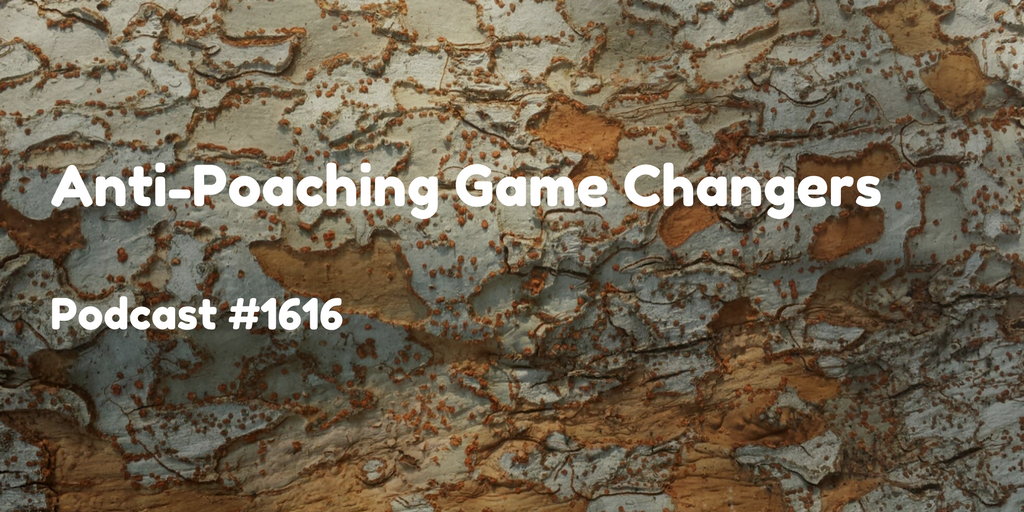
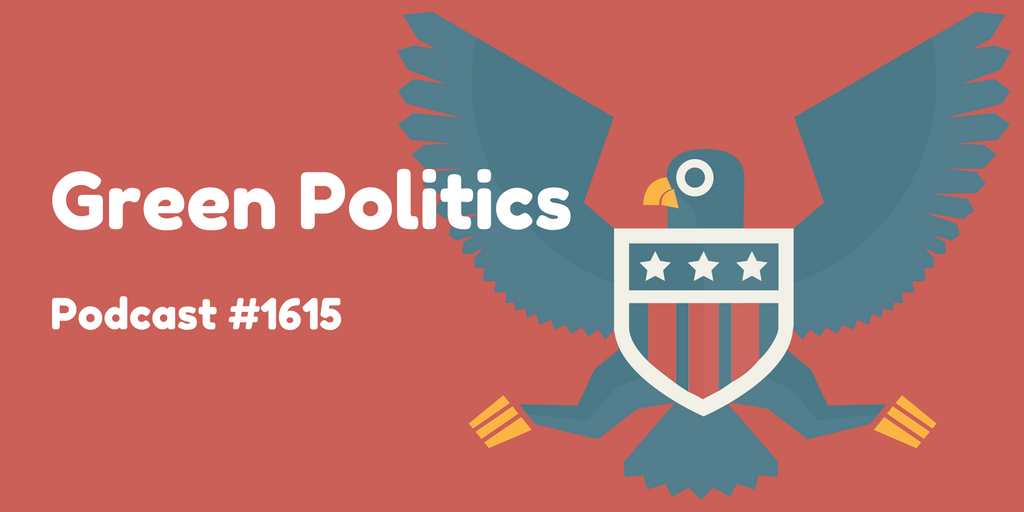
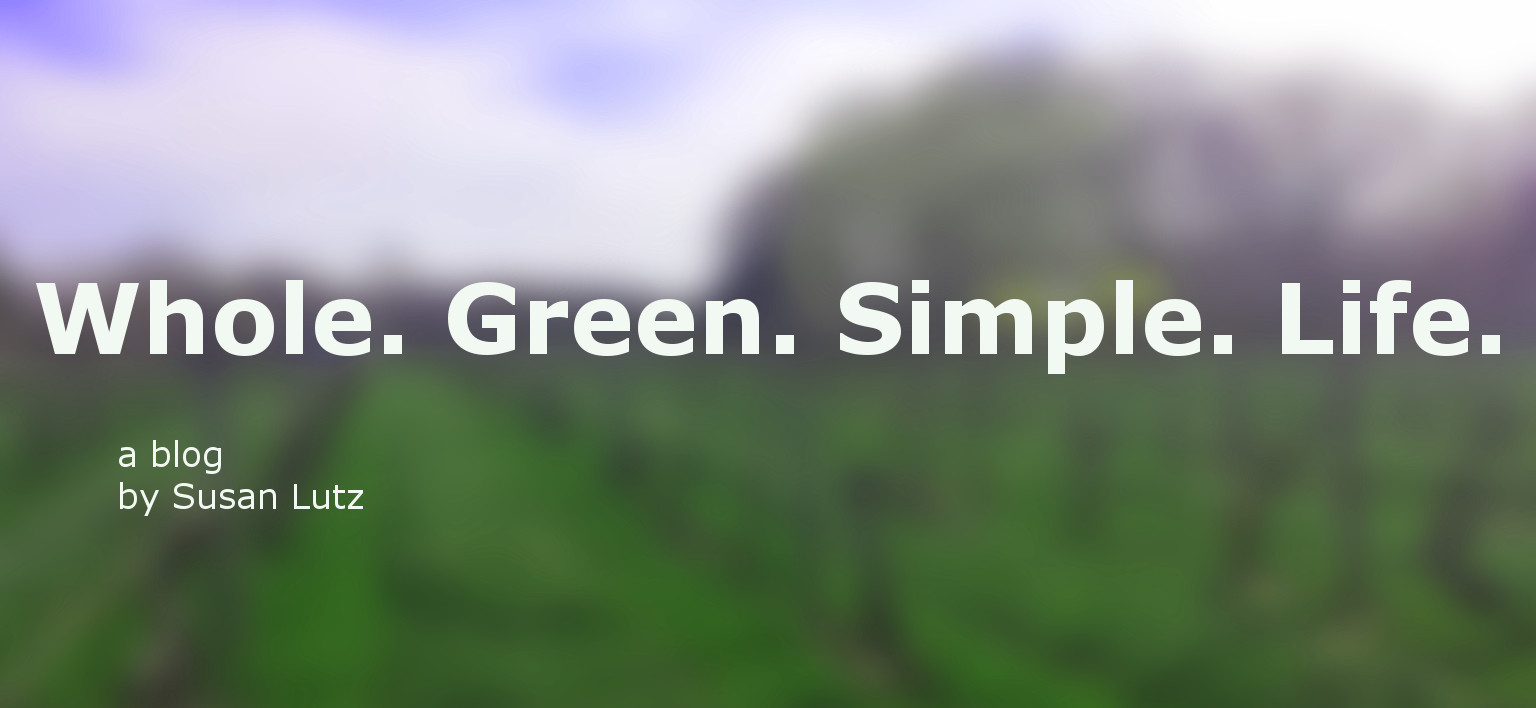
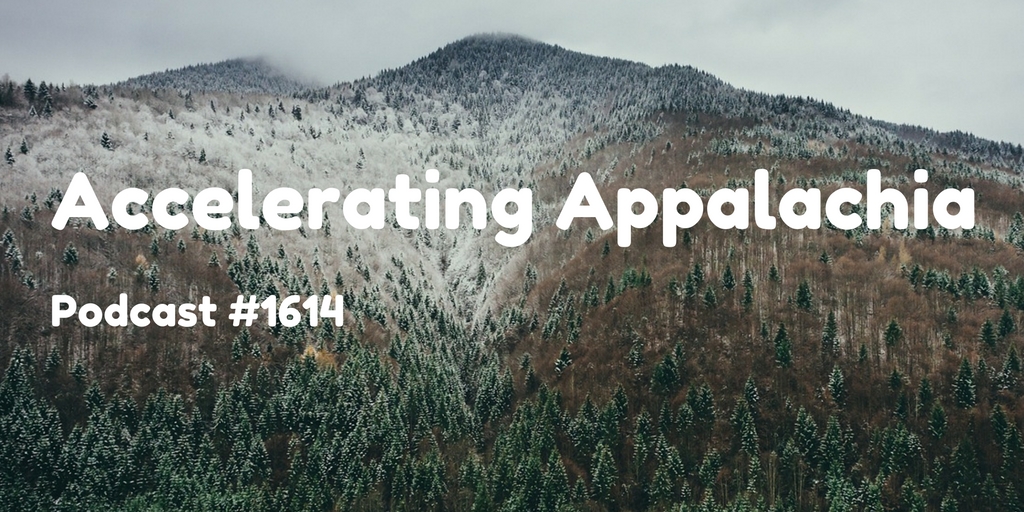
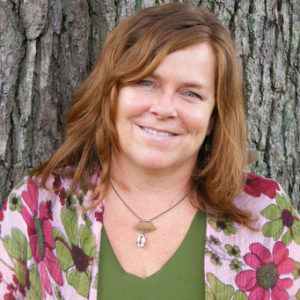 My guest this week is Sara Day Evans, Founder of Accelerating Appalachia, which provides social and economic assistance to nature based and local businesses in the vast region of Appalachia, which spans 12 states and has a population of 25 million people. It is one of the most bio-diverse regions on the globe, and new businesses that are based on food, farming and forests are providing jobs and promoting sustainability. Nature Based Businesses (NBB’s) are part of a movement to protect the earth, and maintain the beauty of the Appalachian region. To quote Ms. Evans “My advice to someone thinking of starting an accelerator or a business is this: Be resilient, stubborn, and focused, and love what you do.” For more info go to
My guest this week is Sara Day Evans, Founder of Accelerating Appalachia, which provides social and economic assistance to nature based and local businesses in the vast region of Appalachia, which spans 12 states and has a population of 25 million people. It is one of the most bio-diverse regions on the globe, and new businesses that are based on food, farming and forests are providing jobs and promoting sustainability. Nature Based Businesses (NBB’s) are part of a movement to protect the earth, and maintain the beauty of the Appalachian region. To quote Ms. Evans “My advice to someone thinking of starting an accelerator or a business is this: Be resilient, stubborn, and focused, and love what you do.” For more info go to 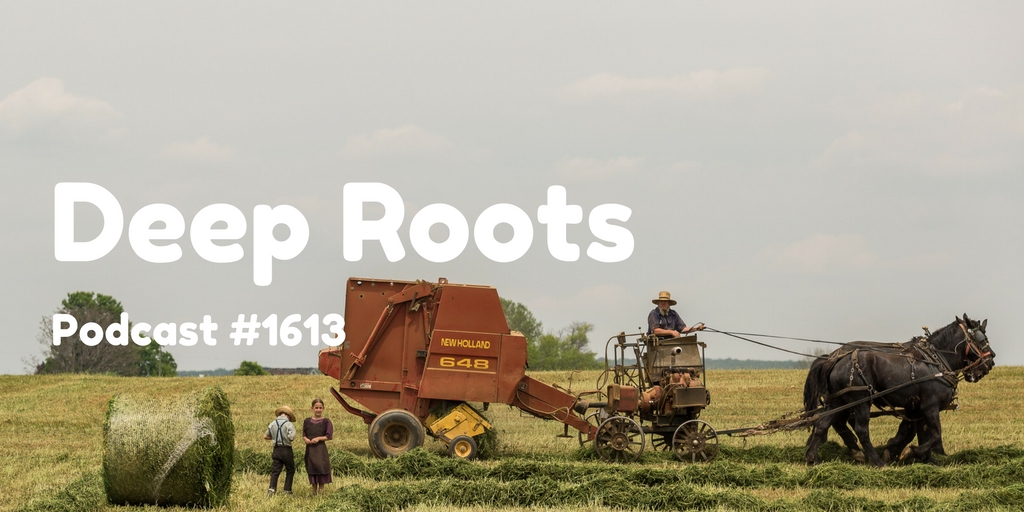
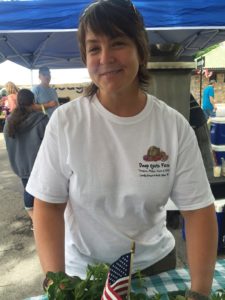 What do organic tomatoes, horn worms and Olympic figure skating legend Dick Buttons have in common? To find out, tune into this week’s show, as Allison Turcan, Stormie Velarde-Hamill and Scott O’Rourke of Deep Roots and DIG Farms, discuss what it takes to run a suburban farm. Learn about WOOFING, and no it doesn’t involve dogs howling, as well as what the difference is between organic and certified organic products. We chat about creepy, crawly and utterly gross worms which attack tomatoes and turns them truly rotten. Local farms supply the booming green markets in the NY metro tri-state area, and Scott, Allison and Stormie are not only growing amazing produce, they are working with kids, via food literacy programs, to educate them about growing delicious and healthy food. For more info go to facebook.com/DIGFarm
What do organic tomatoes, horn worms and Olympic figure skating legend Dick Buttons have in common? To find out, tune into this week’s show, as Allison Turcan, Stormie Velarde-Hamill and Scott O’Rourke of Deep Roots and DIG Farms, discuss what it takes to run a suburban farm. Learn about WOOFING, and no it doesn’t involve dogs howling, as well as what the difference is between organic and certified organic products. We chat about creepy, crawly and utterly gross worms which attack tomatoes and turns them truly rotten. Local farms supply the booming green markets in the NY metro tri-state area, and Scott, Allison and Stormie are not only growing amazing produce, they are working with kids, via food literacy programs, to educate them about growing delicious and healthy food. For more info go to facebook.com/DIGFarm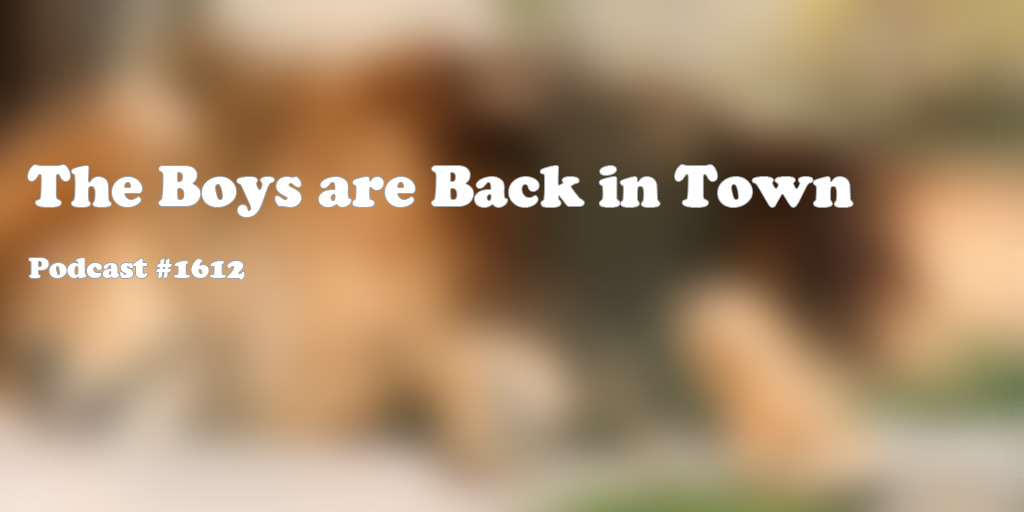
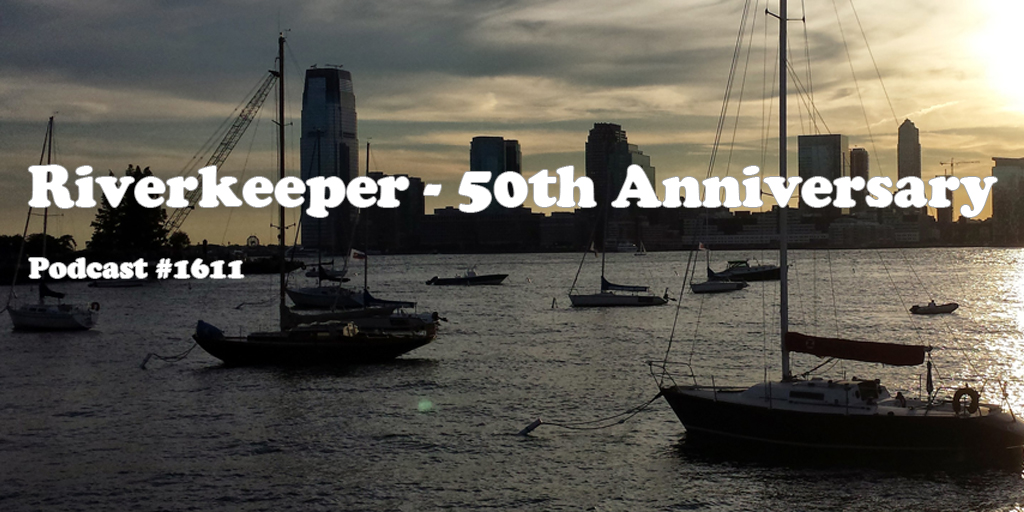
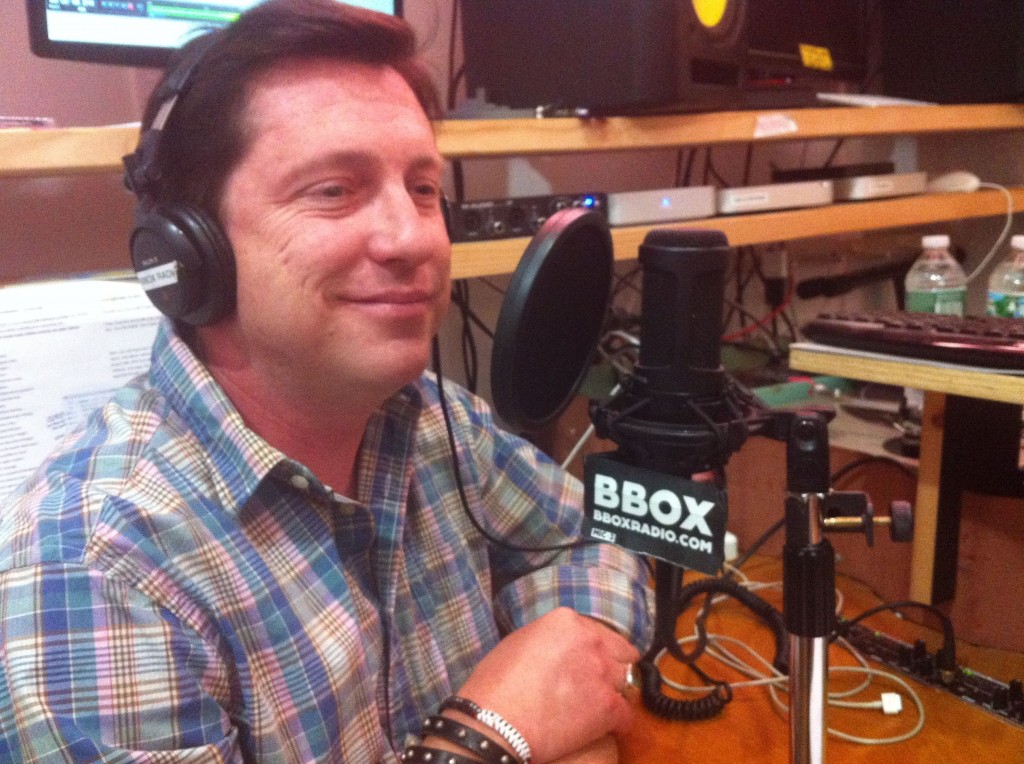 Riverkeeper, the guardian of the water, land and air celebrates its 50th Anniversary this year, and it is fitting to have friend of the show, John Parker, Director of Legal Programs at Riverkeeper, as my guest this week. We discuss all the great work Riverkeeper has done over these last five decades, as well as what they will continue to do to preserve and protect the environment. Keeping the waterways vibrant, and our drinking water clean, is essential to the health and well being of the citizens in New York State and beyond. To find out more about this great organization, go to
Riverkeeper, the guardian of the water, land and air celebrates its 50th Anniversary this year, and it is fitting to have friend of the show, John Parker, Director of Legal Programs at Riverkeeper, as my guest this week. We discuss all the great work Riverkeeper has done over these last five decades, as well as what they will continue to do to preserve and protect the environment. Keeping the waterways vibrant, and our drinking water clean, is essential to the health and well being of the citizens in New York State and beyond. To find out more about this great organization, go to 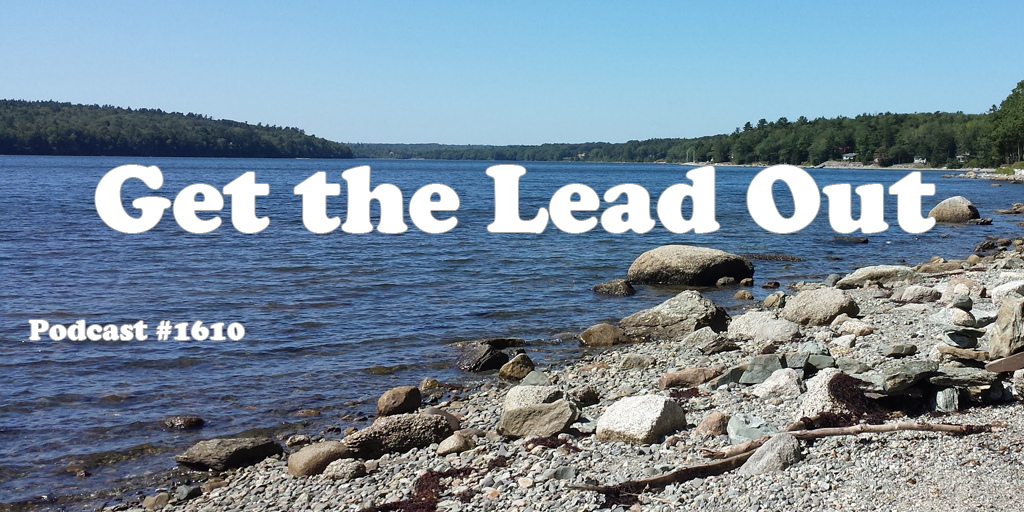
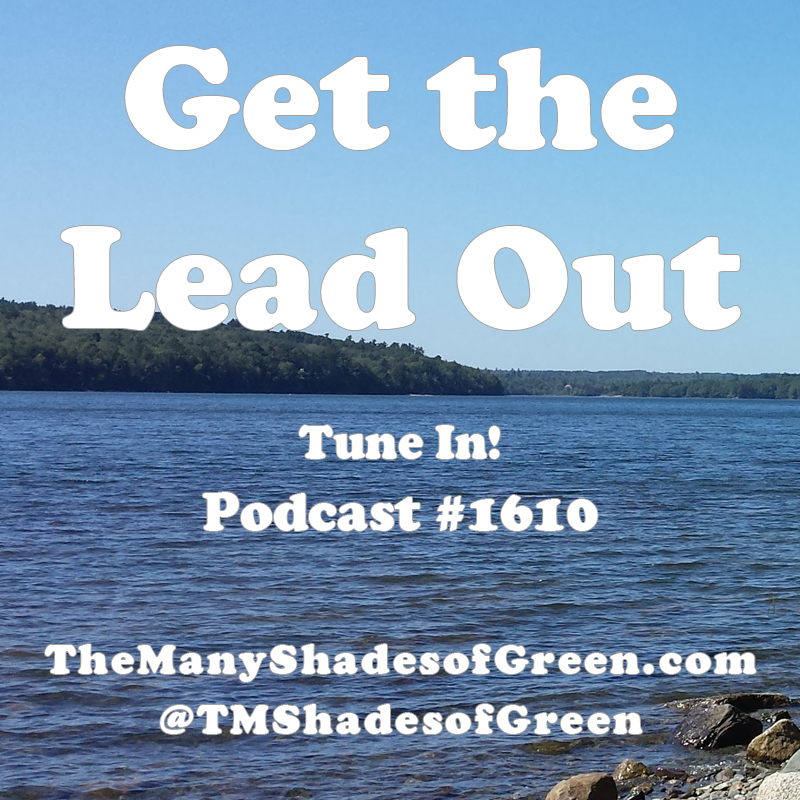 As the people of Flint Michigan fight for better quality water, the problem of lead pipes has come to the forefront of the newscycle. Enter our guest this week, Bill Spataro, a metallurgist who has worked for the New York Power Authority. Bill explains how chemicals from lead leach into the water systems, and what effect those chemicals have on those who bathe in and drink lead laced water. This is not just a problem in Flint, it could happen in your own backyard or community. Is this all preventable? To find out more about this issue go to health.ny.gov/environmental/lead/
As the people of Flint Michigan fight for better quality water, the problem of lead pipes has come to the forefront of the newscycle. Enter our guest this week, Bill Spataro, a metallurgist who has worked for the New York Power Authority. Bill explains how chemicals from lead leach into the water systems, and what effect those chemicals have on those who bathe in and drink lead laced water. This is not just a problem in Flint, it could happen in your own backyard or community. Is this all preventable? To find out more about this issue go to health.ny.gov/environmental/lead/